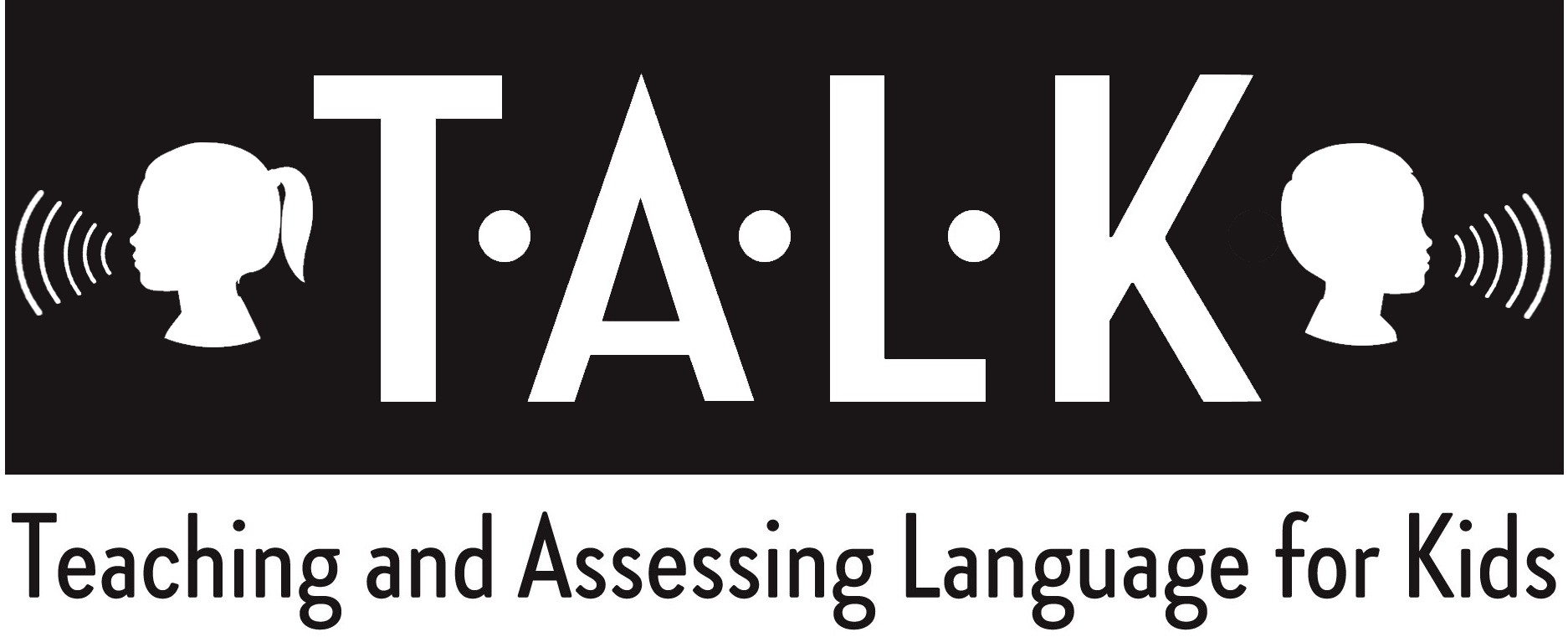Using Social Communication This New Year
It’s a new year…finally! Hooray!
As much as we all would have enjoyed ringing in the New Year with all our loved ones all together in the same shared space, we have had to shift our ways to more virtual communication throughout 2020 and into 2021.
The excitement of being around people, eating traditional holiday foods, and participating in activities can be overwhelming, so children may quickly forget what they practiced in therapy. Don’t you fret – the holiday time is a good way to practice various social skills!
We know that conversational skills are imperative to lifelong success, but where should we start during this time? Catching up with our classmates, friends, and family provides a perfect opportunity to work on one’s pragmatic skills. Whether it is calling someone on the phone, texting, FaceTime, and/or emailing, there are multiple social communication skills and rules that apply to both in-person and virtual conversations. Let’s explore some of these skills that we can address and work on to start the new year!
· Greetings: “Hey!” “Hi”
· Opener questions: “What’s up?” “How’s it going?” “How are you?”
· Asking reciprocal, novel and follow-up questions: “What are your New Year’s resolutions?”… “How was your holiday?” “Did you do anything fun?” “What did you do over your break?”, “Who did you celebrate with?”
· Positive, neutral and supportive comments depending on the context: “Awesome!”, “Sounds like fun!”, “I went there/did that too!”, “Oh, okay”, “That’s a bummer.” “I’m so sorry to hear that.”
· Farewell: “Well, I better go now”, “Nice talking to you.”, “See you later.”, “I hope to see you soon!”, “Let’s catch-up again”
· Topic maintenance – may need prompts or reminders as to what their conversational partner said and what the current topic is, and subsequently how to appropriately shift topics
· Maintain a conversation
· Take-turns talking
· Find common interests
Because our conversations may be more virtual than ever these days, it is even more important think about appropriate nonverbal communication.
Demonstrating nonverbal communication during video chat and in-person interactions:
· Facial expressions
· Eye contact (this is a tricky one via teletherapy, since looking at the person means you are not looking at the camera; therefore there is no way to make mutual direct eye contact via the screen. In order to pick up on cues, it is best to look at who and what is on the screen)
· Body language/posture
· Gestures
· Tone of voice and volume
· Proximity and personal space
· Appropriate touch
Here are some suggestions for a variety of topics to incorporate into conversations after the holiday season!
· Plans for the year
· Discuss resolutions
· Talk about your favorite day/memory of last year
· Holiday break activities
· Television shows or movies
· Funny stories
· Gifts
· Fun games
